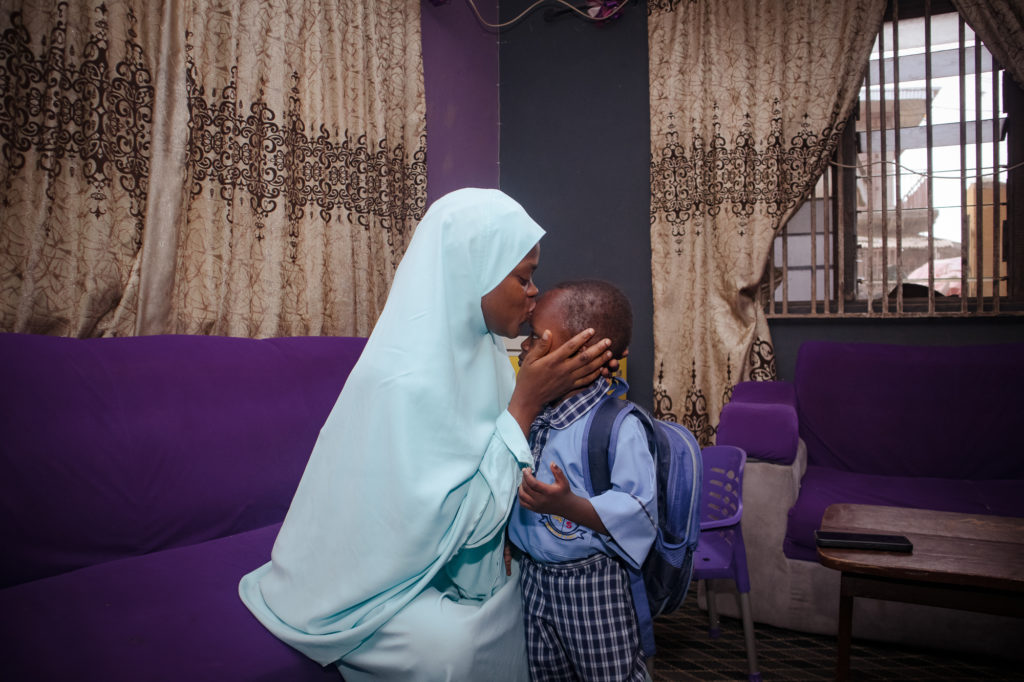Written by Professor Ian Roberts, Professor of Epidemiology at LSHTM and co-lead of the WOMAN-2 Trial.
Equality, diversity and inclusion are social justice issues at the heart of International Women’s Day, which we mark on 8 March. In our work in LSHTM’s Clinical Trials Unit, where we are looking for safer and more effective medicines for all people, everywhere, these principals are fundamental. In the wider world of clinical trials, however, they are often ignored.
Some treatments work, some don’t. Some treatments are safe, some have dangerous side effects. We need to know, and we find out by doing randomised trials. Randomised trials show whether treatments work by comparing a new treatment and an existing treatment. Or, if there is no existing treatment, by comparing a new treatment and a placebo. To eliminate bias, the two trial groups must be similar and if chance alone determines who gets what (by being randomly allocated), we can achieve this. If you have ever taken a medicine, you have benefited from knowledge gained from randomised trials.

However, pregnant (and breastfeeding) women have been systematically denied the benefits of new knowledge by being excluded from clinical trials. Historically, the main concerns have been that medicines might harm the unborn baby and changes in the woman’s body during pregnancy might affect the way the treatment works – even though most women take some form of medication during pregnancy.
Huge knowledge gap on medicines in pregnancy
As a result of this exclusion, there is a yawning knowledge gap on the effectiveness and safety of medicines in pregnancy, and this causes major problems when pregnant women need healthcare.
A recent example of this exclusion is the trials for the COVID-19 vaccine. Pregnant women were initially not included, even though it soon became clear that pregnant women had a much greater risk of hospitalisation, intensive care unit admission and death compared to non-pregnant women when infected with COVID. The delay in offering vaccines to pregnant women caused considerable avoidable harm.
Pregnant women need to be protected through research not from research, as a basic human right. Indeed, the right of all people to share in scientific advancement and its benefits is protected in the Universal Declaration of Human Rights. There are, of course, special considerations in pregnancy. Changes in drug absorption, distribution and metabolism may require a different dose, but exclusion is not the answer.
Even when pregnant women are included in randomised trials, the most “vulnerable” women are often excluded. Most trials are conducted in high-income countries, but most of the disease burden is in low- and middle-income countries. Some researchers feel the pressure to get positive trials results and so exclude anyone they suspect might not respond optimally. The issue then is that if the treatment is shown to work in a selected group, it will be applied much more widely without further investigation.
Postpartum haemorrhage research
Severe bleeding after birth, or postpartum haemorrhage (PPH), is the leading cause of maternal death, killing over 70,000 mothers each year, mostly in low-or middle-income countries.
Our research found that women with severe anaemia are seven times more likely to die or to become dangerously ill than those with less severe anaemia. Although these are the women who most urgently need safe and effective treatments, they are often excluded from randomised trials of drugs to prevent postpartum haemorrhage.
Drugs that cause the uterus to contract are a mainstay of global efforts to prevent postpartum bleeding, yet nearly half of all randomised trials of these drugs were conducted in high-income countries where the prevalence of anaemia is low, and one fifth of all trials specifically excluded anaemic women.
Women with severe postpartum bleeding have an extremely high rate of stillbirth. The death of the baby before birth affects the mother’s coagulation system making her particularly prone to bleeding. But more often than not, women with stillbirth are excluded from trials of treatments to prevent bleeding. If these women are the most vulnerable, why are they excluded from clinical trials? Aren’t these the women that most urgently need the benefits of scientific research?
Young children and people with dementia are considered “vulnerable” research participants because of their limited capacity to give informed consent. But most pregnant women are perfectly capable of weighing up the risks and benefits of taking part in clinical trials and can provide informed consent. Researchers should collaborate with pregnant women to ensure their participation. Pregnant women don’t need paternalistic protection from participating in research – they need results that can inform their care and lead to better outcomes.
The WOMAN-2 Trial and tranexamic acid
The WOMAN-2 Trial is a large international clinical trial to determine the effect of tranexamic acid on the risk of severe bleeding after childbirth. The trial specifically includes women with moderate and severe anaemia from South Asia and Sub-Saharan Africa. In other words, the trial includes the women who are most at risk of severe bleeding and death; the women who have most often been excluded from clinical trials.
We are hugely thankful to these women for taking part and representing the tens of millions of pregnant women who are anaemic in these regions of the world.
The trial has completed recruitment and results will be available in the summer of 2024. Whatever the results, the mere inclusion of these vulnerable and excluded groups signifies progress and represents an important piece of the jigsaw that will hopefully help healthcare professionals around the world better understand women’s health.